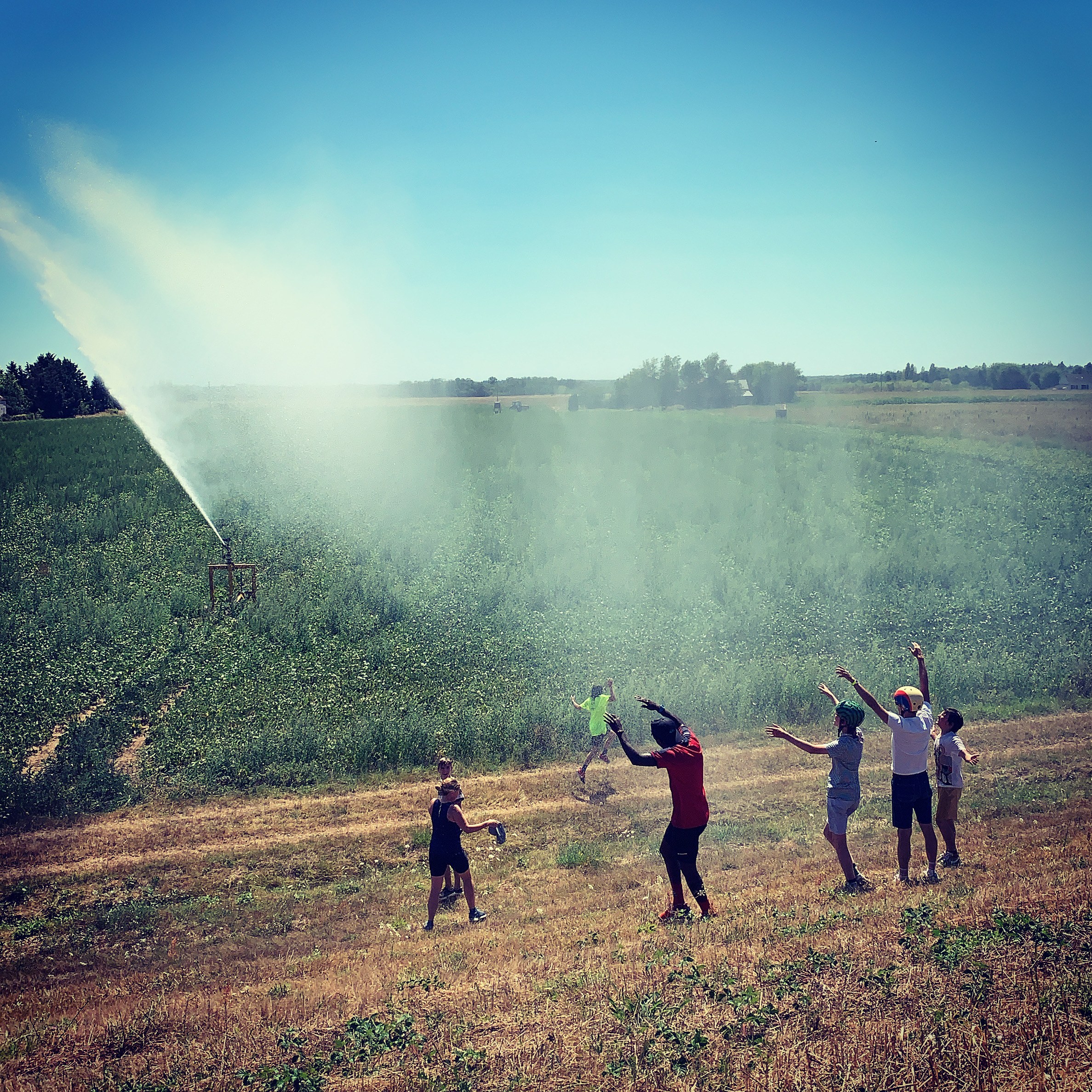The financial world is in transition. Facing global challenges, investors are reinventing their approach and transforming performance. Gone are the days of solely financial results, now comes a strategy equally centered on impact and to drive triple performance; social, environmental and financial.
At the beginning of the year, a Morningstar study revealed a striking fact: more than 50% of investors planned to increase their sustainable investments in 2024. This is no longer a marginal trend, but a true silent revolution in the economic world.
This transformation finds its origin in several dynamics:
- The environmental awareness of new generations
- The growing demand for transparency
- The search for a more responsible society and economy
Family offices embody this profound transformation. “The NowGens” heirs are questioning the traditional investment model, driven by an acute awareness of contemporary issues. Their fundamental reflection resonates like a manifesto: « How can our patrimony contribute positively to society? » An unprecedented question also emerges: « Dad, what are we doing for the climate? » These questions translate a profound desire to reinvent asset management by integrating ethical and sustainable dimensions, going beyond purely financial logic.
Alignment: A holistic performance strategy
Alignment emerges as an innovative strategy, offering a global vision of performance. This approach harmoniously integrates traditional financial success, positive social impact, and environmental responsibility. It demonstrates that commitment to sustainable values can not only coexist with economic success but can also stimulate it.
Pioneering companies embody this philosophy brilliantly. Patagonia is the flagship example. This iconic brand founded by Yvon Chouinard has been recognized for its commitments to a sustainable future since its creation in 1973. In his interview with Guillaume Bregeras, Vincent Stanley, one of Patagonia’s first employees and current Director of Philosophy, offers a unique insight into this approach:
« What we call the Patagonia philosophy dates back to the late 1980s and early 1990s. We experienced several periods of strong growth which, to some extent, were more challenging for our values than other times. »
Stanley emphasizes the importance of formalizing the company’s values, a process that began during company retreats in places like Yosemite. These discussions resulted in an internal document in 1991, which became the heart of the book « Let my people go surfing » fifteen years later.
Patagonia’s approach goes beyond mere value statements. It manifests in concrete actions, such as repairing broken products, using recycled materials, and committing to becoming carbon neutral. Stanley explains:
« We know that 80% of our environmental impact comes from materials, so we committed to not using virginial oil in materials by 2025, and we achieved this in 2023. »
This holistic alignment approach is not limited to Patagonia’s internal operations. The company actively collaborates with suppliers and other industry actors to elevate environmental and social standards. As Stanley notes:
« A company that doesn’t want to know has no way to solve these problems. Because they are simply invisible, as they were to us until we took down that path. »
Similarly, French brands like Veja and Faguo also demonstrate that alignment can be synonymous with innovation and commercial success.
In another field of application, Climate Dividends emerge as a crucial innovation. They embody a revolution in responsible investment approaches, offering much more than a simple measurement tool. These dividends represent a new financial language, allowing precise decoding of the climate performance of portfolios. Adopted by over 100 top international investors, Climate Dividends offer an unprecedented perspective on long-term value creation, thus aligning financial objectives with environmental imperatives.
Alignment is no longer an option, but a necessity for the survival and growth of 21st-century companies and investors. It embodies the ability to conceive development systemically, responsibly, and performatively.
This vision of alignment as a driver of sustainable growth is materialized in the method developed by 2050 and We are Human. This innovative approach allows companies and investors to measure, pilot, and optimize their alignment with contemporary issues. By integrating key performance alignment indicators (KAPIs), it offers a holistic framework for evaluating an organization’s overall performance.
Let us hope that the investors identified in the Morningstar study can also apply this new thought framework to ensure a fertile future.

